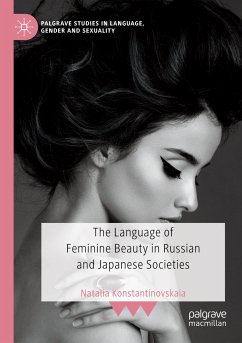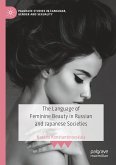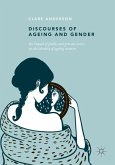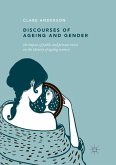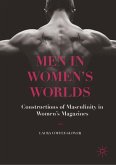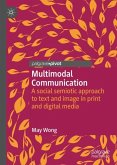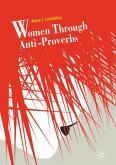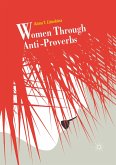This book conducts a cross-linguistic and cross-cultural study of 'women's language' as it pertains to feminine beauty. It examines the ideological constructs of beauty and femininity in the cultures of Japan and Russia, as embodied through televised beauty ads, and relates them to the real-world language practices of Japanese and Russian women. The author traces the reciprocal connection between women's real and imagined language in the construction of ideals of beauty and femininity, revealing the complex ways women respond to ideological expectations regarding language use: assimilating, transforming, and subverting ideologized language and the assumptions implicit in it. She also demonstrates ways in which women alter the texture of language by appropriating 'masculine' language for their own purposes, shifting the meaning and correlates of linguistic items and structures. This book will be of interest to students and scholars of sociolinguistics, language and gender, cultural andmedia studies, and Russian and Japanese culture.
Bitte wählen Sie Ihr Anliegen aus.
Rechnungen
Retourenschein anfordern
Bestellstatus
Storno

